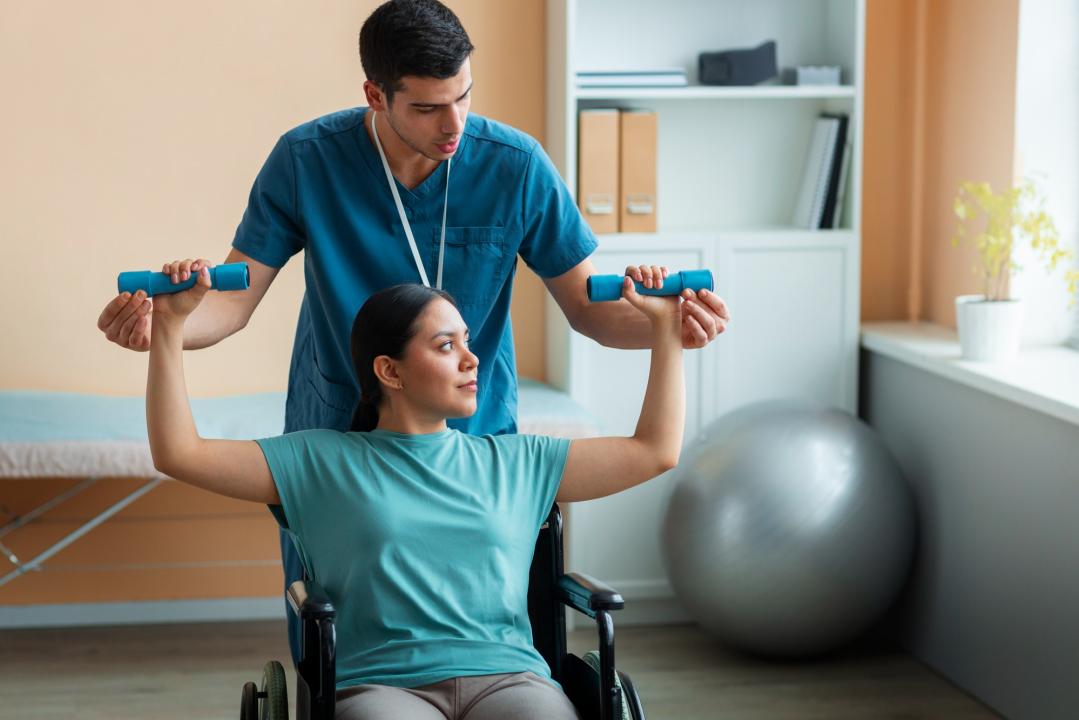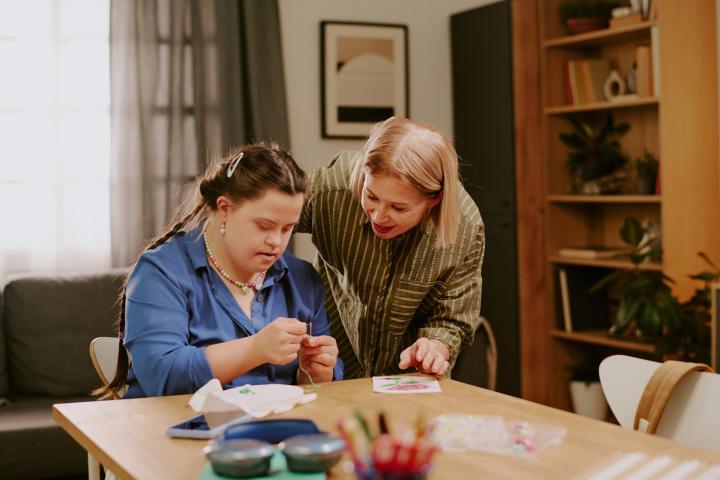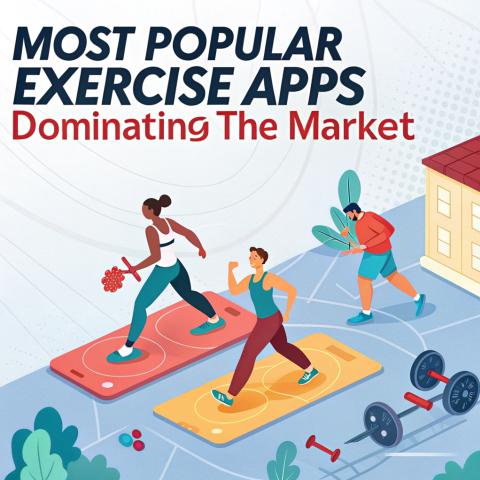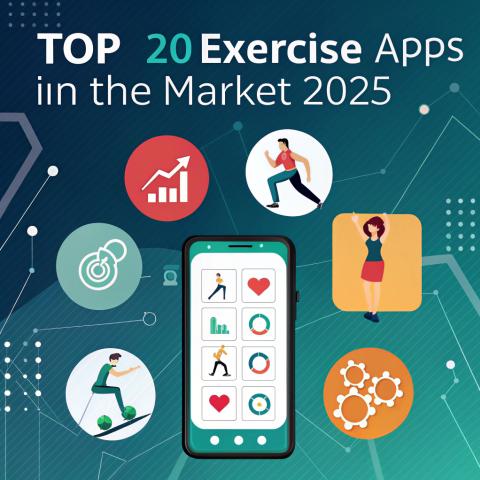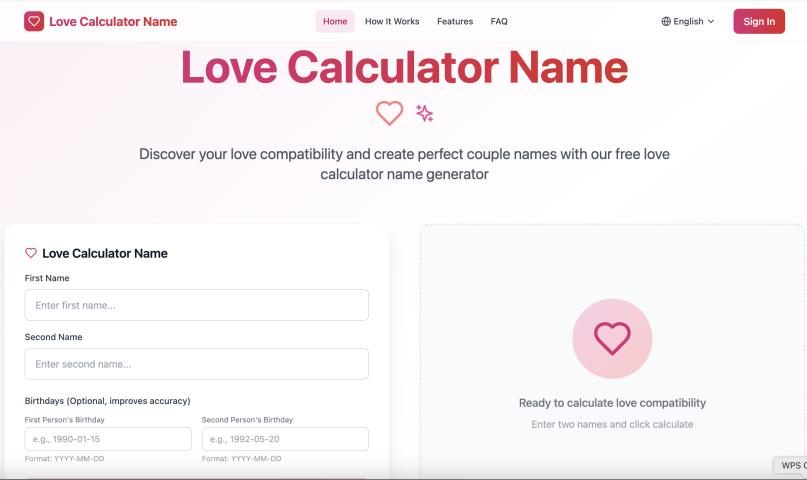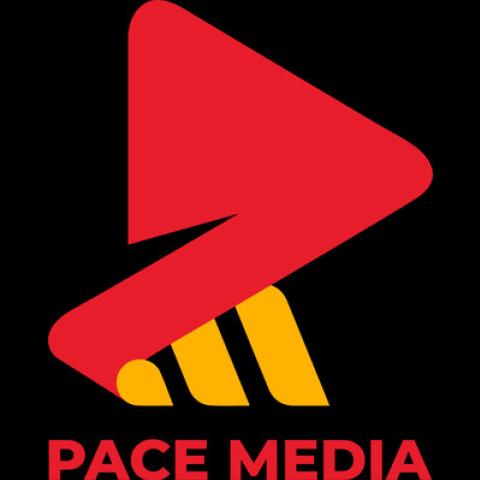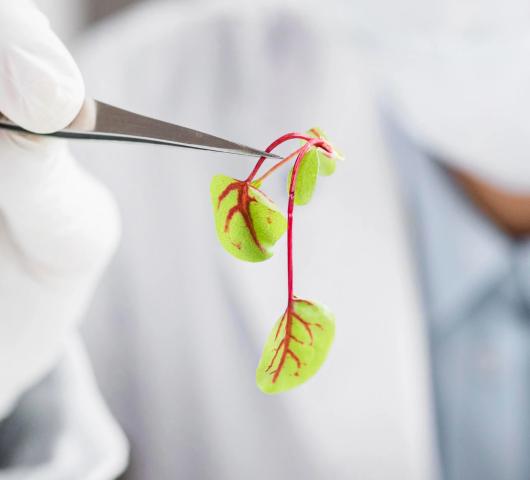Staying active helps everyone feel better. For people living with disability, movement can be harder. Pain, fatigue, or tight muscles often get in the way. That’s where NDIS Exercise Physiology can make a big difference.
This support helps people move more freely, feel stronger, and live with less pain. Little changes—like walking a few extra steps or standing without help—can add up to big wins.
What Is NDIS Exercise Physiology?
Exercise physiology is a service offered under the NDIS. It helps people with disability improve their health through planned movement. These plans are created by trained professionals called Accredited Exercise Physiologists.
These experts understand how the body works. They help people build strength, improve balance, and move with less pain. They also support mental health and build confidence.
You don’t need to be fit or young. This service is made for people of all ages and abilities.
What Happens During a Session?
Each person’s needs are different. The first session is a chat. The physiologist will ask:
- What are your daily goals?
- What movements cause pain or trouble?
- What would you like to do more easily?
You may try simple tests like reaching or standing up from a chair. These help measure your starting point.
After that, you’ll get a personal plan. It may include:
- Light stretching
- Gentle walking
- Chair-based exercises
- Breathing support
- Strength training with low weights
You can do most of these at home or with a helper. Some may take place in a clinic or pool.
How It Helps
NDIS Exercise Physiology supports the body and the mind. It can:
- Reduce joint or muscle pain
- Improve balance and lower the risk of falling
- Make walking or standing easier
- Boost mood and reduce stress
- Increase energy and stamina
These changes can help people enjoy life more. Everyday tasks feel less hard. People gain more control and confidence.
Who Can Use It?
This service is useful for many NDIS participants, such as people with:
- Physical disabilities
- Brain or nerve conditions
- Autism or developmental delays
- Mental health challenges
Long-term illnesses like diabetes or arthritis
Stroke or injury recovery
Kids, adults, and older people can all benefit. The plan fits your ability—not the other way around.
Where Does It Take Place?
Sessions can happen in different places:
- In a health clinic
- At a local park
- In a hydrotherapy pool
- Online through video call
You get to pick what suits you best. Some prefer quiet spaces at home. Others enjoy fresh air and gentle walks outdoors.
Your NDIS Service Provider will help you feel comfortable and supported.
What About Broken Hill?
People in Broken Hill can also access these supports. Local providers often visit homes or meet clients at community centres. Some work in partnership with gyms or health hubs in town.
In small towns like Broken Hill, travel can be hard. That’s why many services offer flexible visits and even mobile equipment. They work closely with family members or support workers to make it easier for everyone.
What Makes a Good Provider?
Not all providers offer the same care. A good NDIS Service Provider will:
- Use qualified and registered exercise physiologists
- Listen to your needs and explain things clearly
- Build a plan based on your real goals
- Change the plan as you improve
- Work well with your support team or family
They should respect your choices. You should feel safe and relaxed during each visit.
How to Get This Support in Your Plan
Most people use funding from these categories:
- Improved Daily Living
- Improved Health and Wellbeing
During your NDIS planning meeting, say clearly what you need. For example:
- “I want to move without pain.”
- “I want to feel stronger while walking.”
- “I need help with balance and strength.”
Already have funding? A Support Coordinator can help you find a trusted NDIS Service Provider near you.
Common Questions
Do I need to be strong or fit to start?
No. Plans are designed for beginners and built around your current health.
Is this the same as physio?
No. Physios often treat injury. Exercise physiologists help with long-term movement and function.
Will I need gear or a gym?
Not always. Many exercises can be done at home using body weight or simple bands.
Can I stop if I’m not feeling well?
Yes. The plan is flexible. You can pause or change it at any time.
Final Thoughts
Movement helps people feel alive. Small steps can lead to big changes. Less pain. More freedom. Greater joy.
NDIS Exercise Physiology gives people tools to build a better day, one movement at a time. In places like Broken Hill, these services are helping people feel more in control.
You don’t need to be perfect. You just need to begin.
